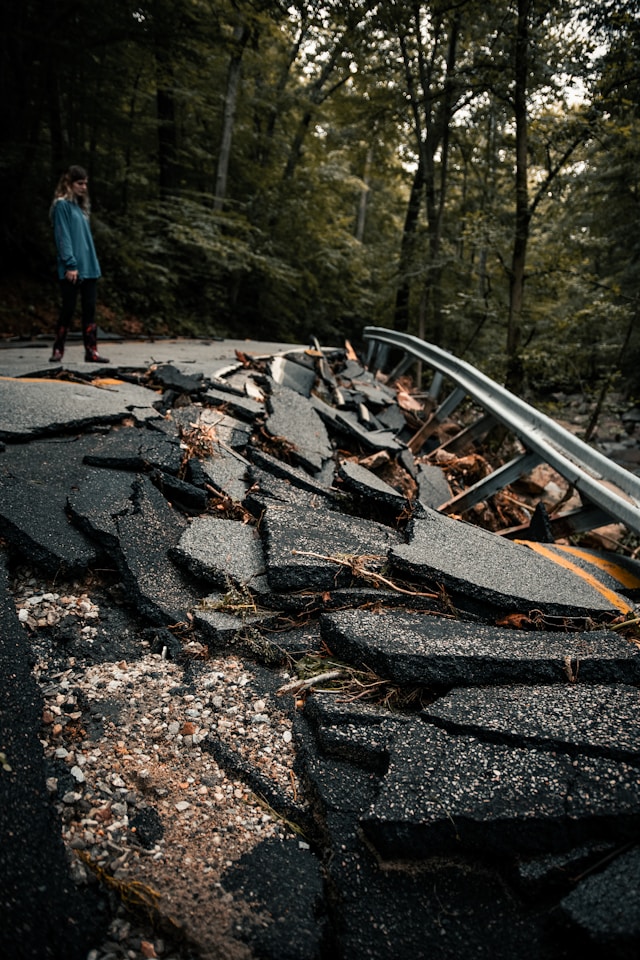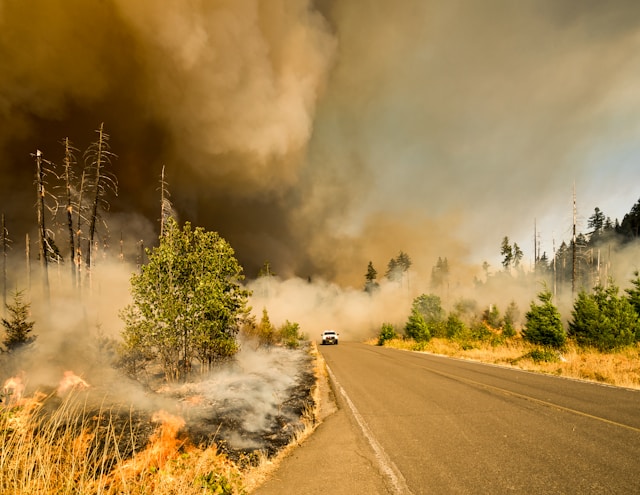Traveling is an exciting endeavor, offering the chance to explore new places, cultures, and experiences. However, natural disasters and severe weather events can pose significant risks to travelers. From hurricanes to earthquakes, being prepared and knowing how to respond can make a critical difference in ensuring safety. Here’s a comprehensive guide to navigating natural disasters and weather events while traveling.
Before You Go: Research and Preparation
Research Your Destination: Before you embark on your journey, research the natural disaster risks associated with your destination. Understand the common types of natural disasters (e.g., hurricanes in the Caribbean, earthquakes in Japan) and the typical season or period when they are most likely to occur.
Check Travel Advisories: Regularly check travel advisories from reliable sources such as the U.S. Department of State, the UK Foreign Office, or other government websites. These advisories often provide crucial information about safety risks, including natural disasters.
Prepare an Emergency Kit: Whether you are traveling or not, the injury lawyers at Gary C. Johnson strongly recommend always having access to a basic emergency kit. Typical essentials should include a first aid kit, flashlight, extra batteries, portable phone charger, bottled water, non-perishable snacks, and necessary medications. Having these items on hand can be invaluable during an emergency.
Know Emergency Contacts: Save local emergency numbers and the contact information of your country’s embassy or consulate on your phone. Additionally, share your travel itinerary with friends or family back home, so they are aware of your whereabouts.

During Your Trip: Staying Safe and Informed
Stay Informed About Weather Conditions: Use reliable weather apps and websites to monitor the weather forecast for your destination. Pay attention to any warnings or alerts about severe weather or potential natural disasters.
Familiarize Yourself with Local Procedures: Upon arrival, take note of emergency procedures and evacuation routes at your accommodation. Hotels and resorts often have specific guidelines for guests in the event of a natural disaster.
Listen to Local Authorities: If local authorities issue warnings or evacuation orders, follow them promptly. Delaying or ignoring these orders can put you in greater danger.
Communicate Your Plans: If you decide to move to a safer location, inform someone of your plans. This could be hotel staff, local authorities, or someone back home. Keeping others informed of your whereabouts enhances your safety.
During a Natural Disaster: Immediate Actions
Earthquakes:
Indoors: Drop, cover, and hold on. Find shelter under sturdy furniture and stay away from windows and heavy objects that could fall.
Outdoors: Move to an open area away from buildings, trees, streetlights, and utility wires.
Hurricanes and Typhoons:
- Seek shelter in a secure building.
- Avoid staying in high-rise buildings where winds are stronger.
- Stay away from windows and doors.
- If possible, move to a small, windowless room or hallway on the lowest floor.
Floods:
- Move to higher ground immediately.
- Avoid walking or driving through floodwaters as they can be deeper and faster-moving than they appear.
- Listen to weather updates and alerts to stay informed about the flood’s progress.
Wildfires:
- Follow evacuation orders without delay. Wildfires can spread rapidly, and staying behind can be extremely dangerous.
- Cover your nose and mouth with a damp cloth to reduce smoke inhalation if you are caught in a smoky area.
After the Disaster: Recovery and Safety
Check for Injuries and Damage: Assess yourself and those around you for injuries. If anyone is injured, seek medical assistance immediately. Check your surroundings for structural damage and hazards such as gas leaks or downed power lines.
Stay Informed: Continue to listen to local news and official updates. There may be aftershocks following an earthquake or secondary hazards following a hurricane or flood.
Contact Loved Ones: Let your family and friends know you are safe as soon as possible. Use social media or emergency contact systems if phone lines are busy.
Follow Official Instructions: Adhere to guidelines provided by local authorities regarding returning to your accommodation, accessing services, and obtaining supplies.
Natural disasters and severe weather events are unpredictable, but being prepared and knowing how to respond can significantly enhance your safety while traveling. By staying informed, having a plan, and following the advice of local authorities, you can navigate these challenging situations with confidence and care. Always prioritize your safety and the safety of those around you, ensuring that your travel experiences remain as enjoyable and secure as possible.



